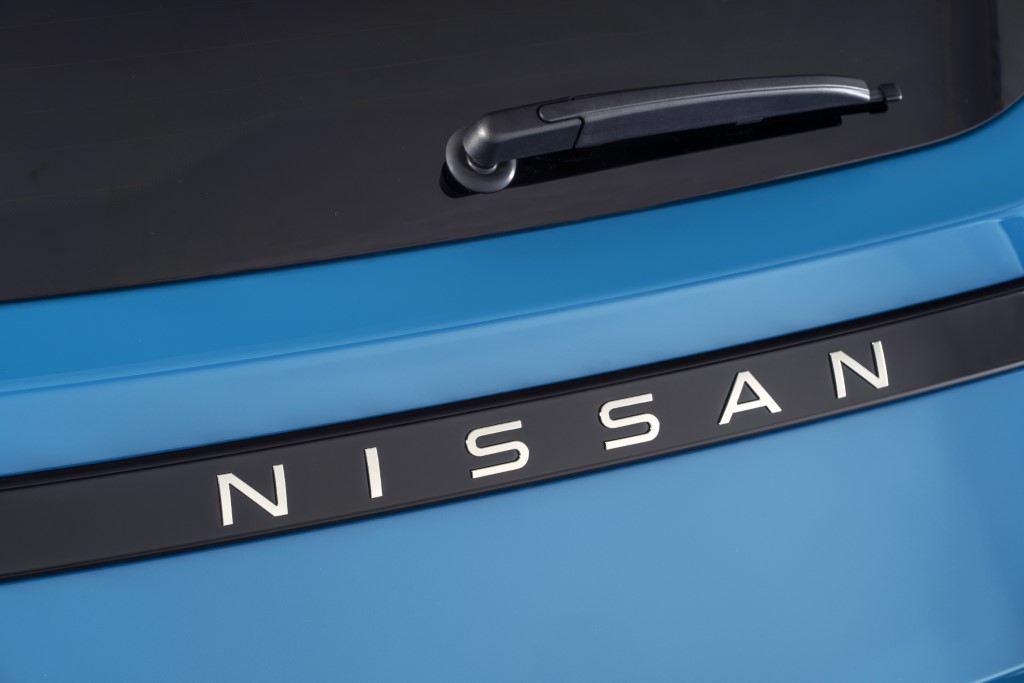Nissan's new CEO faces investor grilling
By BLOOMBERG | 24 June 2025
TOKYO: Ivan Espinosa's first annual meeting as Nissan Motor Co.'s chief executive officer was a baptism by fire, as shareholders questioned the feasibility of his turnaround plan and the carmaker's failed tie-up with Honda Motor Co.
For roughly three hours, investors grilled Espinosa about decisions mostly made before he was promoted in April, airing their grievances and rehashing the myriad missteps that led to the elimination of 20,000 jobs and closure of seven of its 17 manufacturing sites, after the company posted a net loss of ¥671 billion ($4.6 billion) in the fiscal year that ended in March.
"We understand your frustration," Espinosa told stakeholders at its headquarters in Yokohama on Tuesday. "It will not be easy to deliver. But I am confident that we have what we need to rebuild our company."
With roughly ¥800 billion ($5.4 billion) in debt due next year, Nissan is seeking to raise funds to keep operations on stable footing.
Management turmoil has distracted the company ever since the 2018 arrest and ouster of former Chairman Carlos Ghosn, leading to an aging product lineup, shrinking margins and the loss of an early lead in mass-market electric cars.
"Nissan's ability to reduce its tariff exposure by moving other production to the US appears limited in the near term," said Bloomberg Intelligence senior auto analyst Tatsuo Yoshida.
"Capacity may be less of a constraint even as the automaker moves to consolidate global manufacturing."
The carmaker could incur as much as $2.1 billion in additional costs for this fiscal year through March if US tariffs on autos and parts remain in place, according to Yoshida.
Nissan withheld its profit guidance for the period, owing to the uncertainty of its own finances as well as the global automobile industry, given President Donald Trump's tariffs on cars and car parts imported to the US.
Internal documents seen by Bloomberg show that Nissan anticipates an operating loss of as much as ¥450 billion for the 12 months through March 2026 if the tariffs remain in place.
Without them, the loss is forecast to be ¥300 billion.
Either would mark the biggest operating deficit in the company's history.
In May, Espinosa, 46, announced plans to scale back Nissan's capacity after the carmaker posted one of its biggest losses since French carmaker Renault SA saved it from bankruptcy more than a quarter century ago.
While the alliance partners still own stakes in each other, they are charting separate courses.
The full scale of Nissan's plight became clear in early November when it announced a 94% drop in first half net income, along with plans to cut jobs and reduce production capacity.
That was followed by news that a fund controlled by activist investor Effissimo Capital Management had bought a stake in Nissan, fueling market turmoil.
A filing on Monday, however, showed the investor was no longer included in a list of Nissan's major shareholders.
Nissan found a lifeline in December when it penned an agreement with Honda to combine both brands under a single holding company.
Talks quickly unraveled, however, and the plan was terminated in February after Honda made a proposal to turn Nissan into a wholly-owned subsidiary, ending a transformational deal that could have formed one of the world's biggest carmakers.
Despite their ire, Proxy advisory firms Institutional Shareholder Services Inc. and Glass Lewis & Co. backed Espinosa's for Nissan's board.
A majority of investors endorsed his appointment on Tuesday, along with 11 other directors.
Espinosa has said his restructuring plan will work. Nissan has ¥2.1 trillion in unused credit lines in addition to its own liquid reserves, he said, but cash flow turned negative in its latest fiscal year and ratings agencies have cut its creditworthiness status to junk.
Annual shareholder meetings in Japan can be lively, drawing retail investors seeking a rare chance to trade words with top executives, though in Nissan's case they tended to be dominated by talk of cutting costs and getting back on track.
Earlier in June, one of Nissan's key suppliers - Marelli Holdings Co. - filed for Chapter 11 bankruptcy protection in the US, pointing to the impacts that tariffs and the industry's shift away from fossil fuels had on its efforts to slash debt and restructure.
Espinosa may also face questions over plans to raise more than ¥1 trillion from debt and asset sales, including the issuance of convertible securities and bonds, and the sale of stakes in Renault and other entities, according to the documents seen by Bloomberg.
The funding proposal doesn't appear to have been approved by Nissan's board yet, leaving it unclear whether it will happen, people familiar with the matter have said, declining to be identified discussing details that are private.
Tags
Autos Nissan
Reviews

First drive with the 2025 Hyundai Tuscon and Santa Fe: Seoul...

5.8
Kymco AK550 Premium: Smart easy rider

BYD Seal 6 Premium: Sweet deal, generous kit, sensible prici...

8.7
Mazda CX-80 2.5G PHEV AWD High Plus: Upmarket upgrade

Proton X50 Flagship: Tuned for success

6.6
Triumph Trident 660: Beautifully balanced package

8.4
Mercedes-AMG GLA 35 4Matic: Never a dull moment

Lamborghini Urus SE: Ultimate control
Videos

Free & Easy Media Test: Latest Proton X50 Flagship to Kuanta...

Zeekr Space Sunway City Video

Honda Civic Type R Ultimate Edition: Last 40 Units for Europ...
